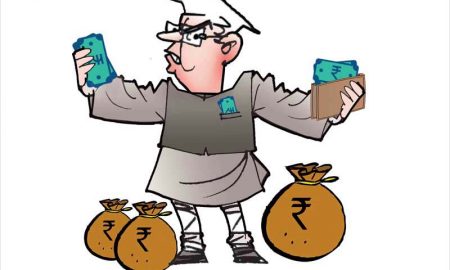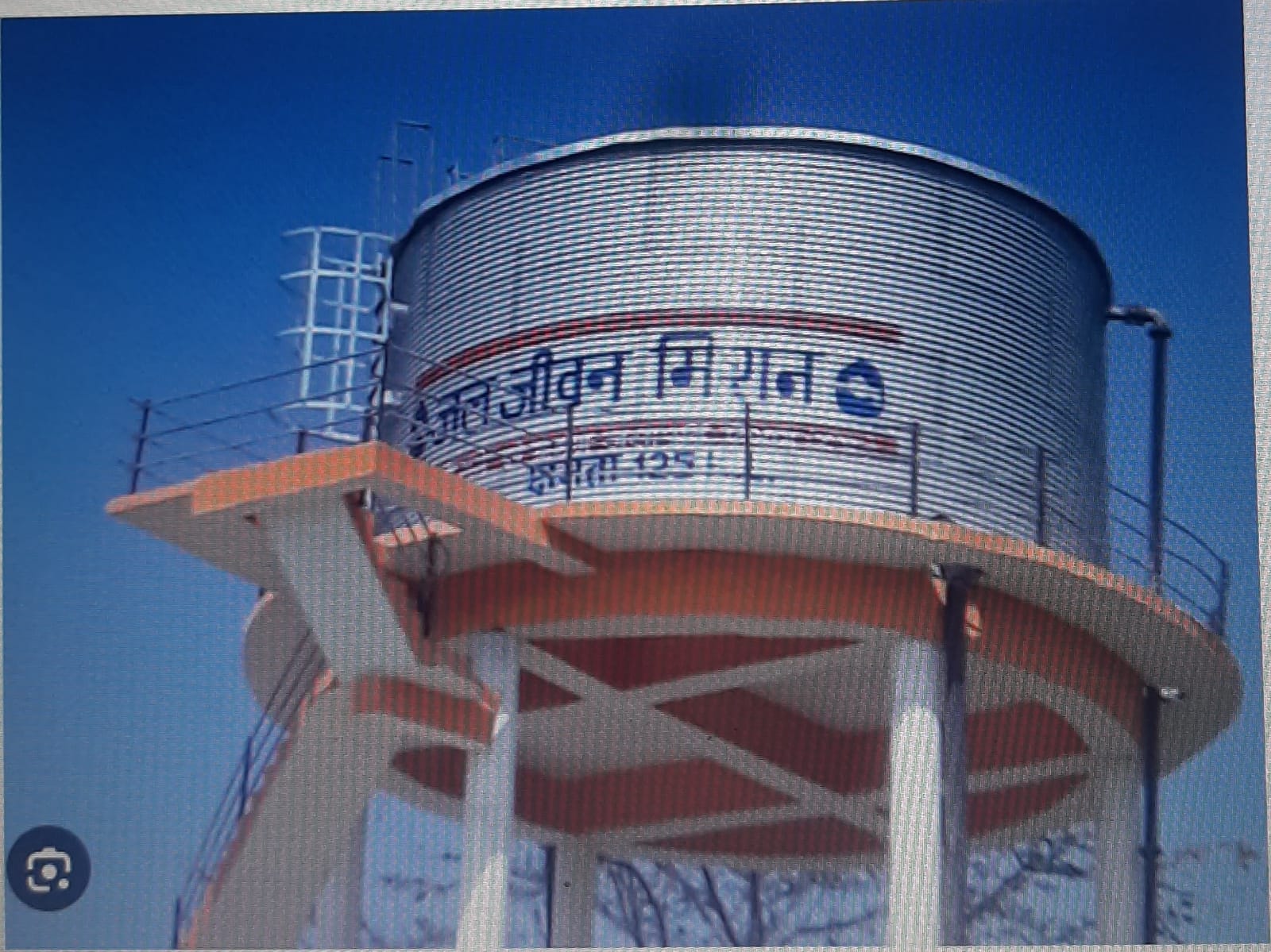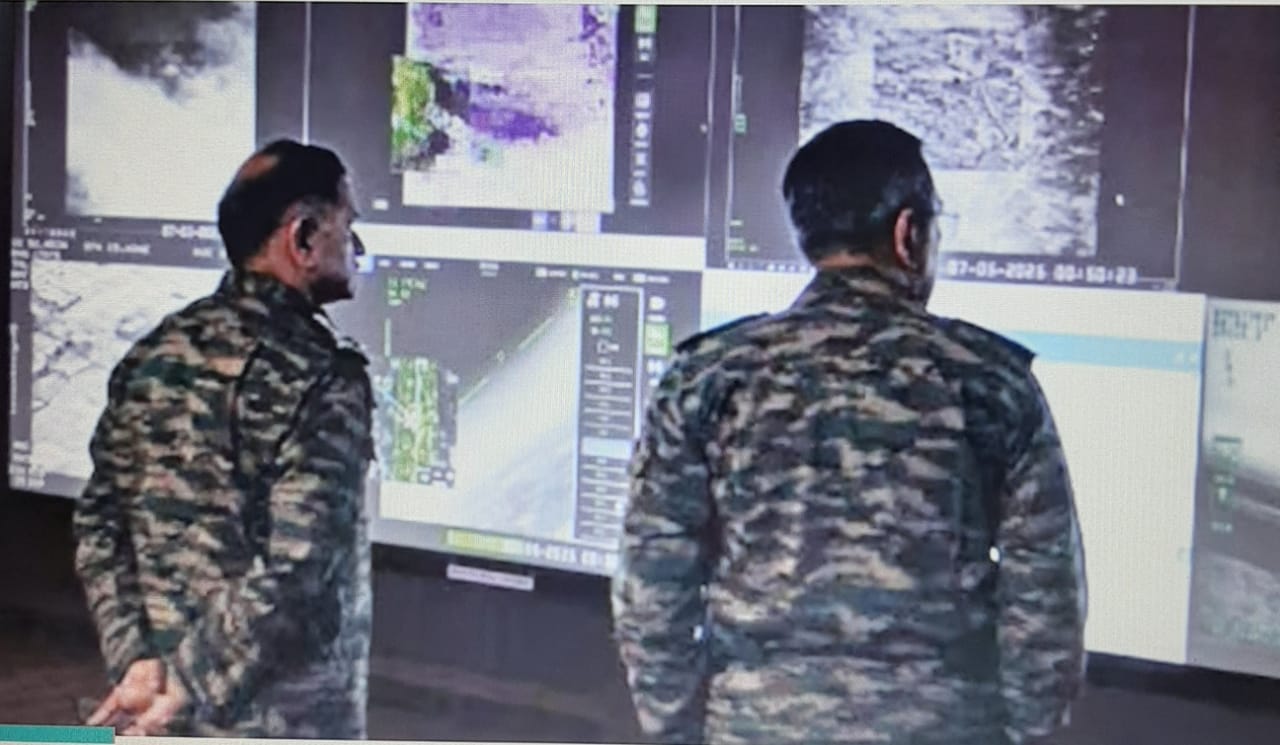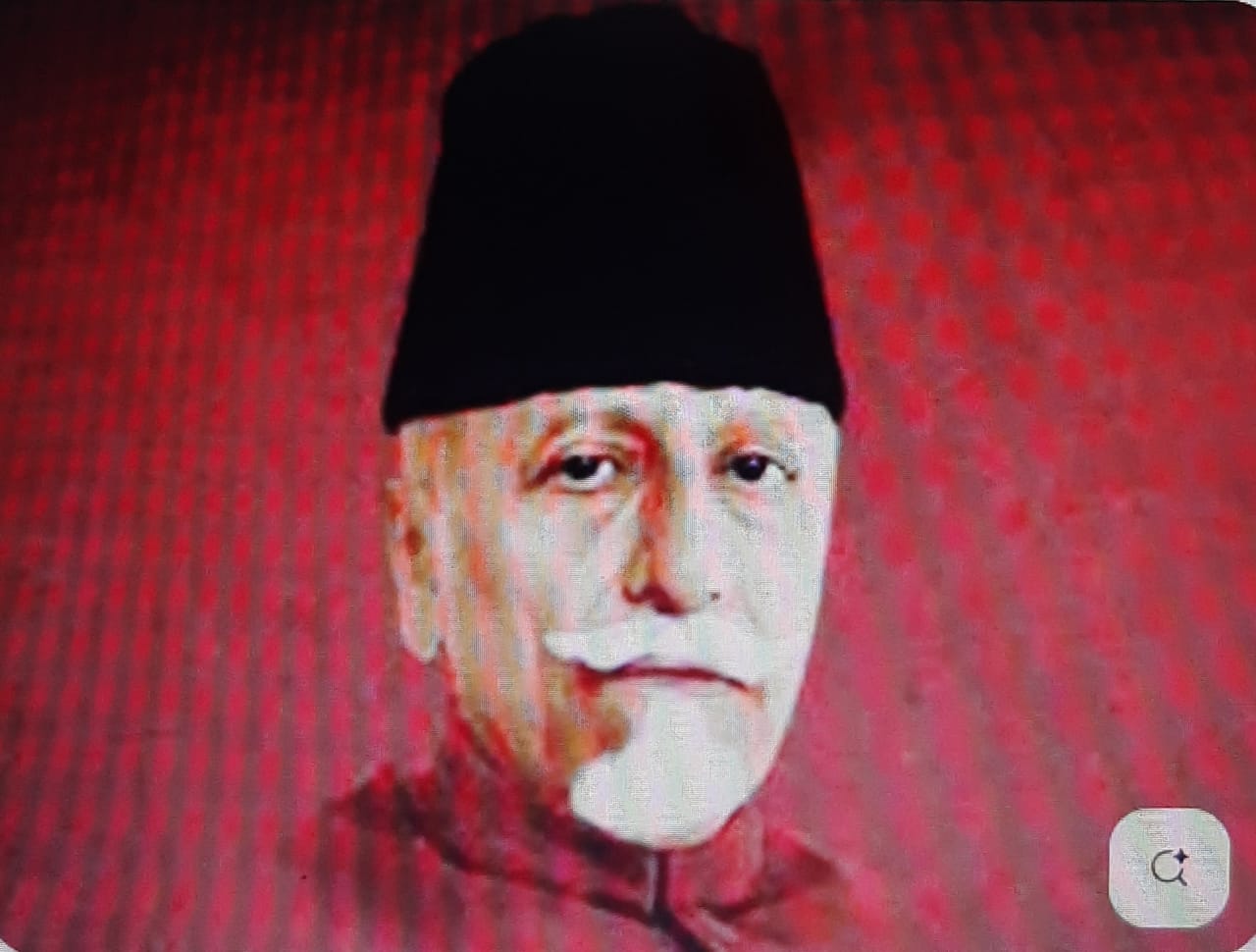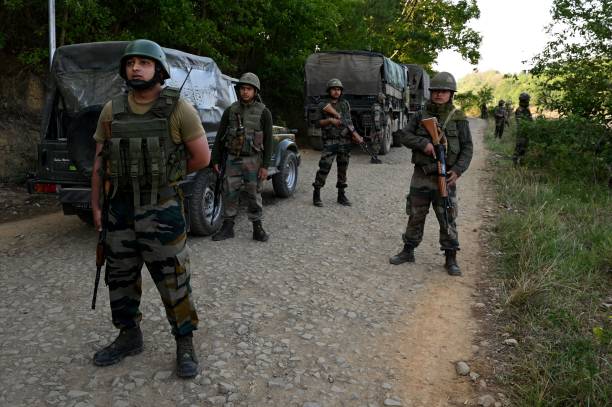
In the ongoing violence in Manipur, the time has come to expeditiously end the violence by acting impartially and taking stringent steps. Strong signals have to be sent to all sections of the population that all those indulging in violence will be dealt with sternly. After the violence subsides, all the stakeholders in the dispute can be called to resolve the issue amicably and to the satisfaction of all, writes former IAS officer V.S.Pandey
Violence generally ensues from injustice across the globe. It may be a perceived sense of injustice. Human civilization is replete with instances of injustices leading to major wars resulting in bloodbaths and humungous loss of precious lives. In India, whether it is Naxalism or communal strife or caste wars – they all have their genesis in the unfair treatment meted out to a section of the population who were denied justice and fair play. Relentless exploitation by a powerful group leaving no recourse to justice for the exploited, has led to most of the conflicts and strife in the present and in the past. The ethnic violence in Manipur is another template of this strife which has caused unprecedented violence in the state of Manipur leading to the tragic loss of so many innocent lives.
The ethnic violence was brewing for a considerable time in the state as it has a long history of mutual suspicion between ethnic groups in the Imphal valley. According to media reports, the present conflict began after the Manipur government started a drive to evict tribal villagers from reserved forests. The current escalation in violence in Manipur has its roots in an old demand by the Meitei community for a Scheduled Tribe tag. It took a turn for the worse after the Manipur High Court directed the state government to recommend to the Union Tribal Affairs Ministry by May 29, an ST tag for the Meitei community. The petitioners had argued before the HC that this community had once enjoyed the ST tag prior to the merger of Manipur with the Indian Union and have sought the restoration of this status.
The Manipur HC directive triggered protests with thousands of people participating in a ‘Tribal Solidarity March’ called by a student body in all the ten hill districts of Manipur to oppose the demand for the inclusion of the Meitei community in the ST list. The government in Manipur, regardless of which party comes to power, has always been dominated by plainsmen Meiteis, who account for about 53 per cent of the state’s population while the tribals — mostly Nagas and Kukis — who make up 40 per cent of Manipur’s population live for the most part in the hills surrounding the valley.
 TOPSHOT –
TOPSHOT –
It is said that after several areas in the hill district were declared as reserved forests/ protected forests , hundreds of Kuki tribals were dislodged from their traditional settlement area. The assertion of Kuki leaders is that the current anguish of the Kuki people is not about the evictions but the failure to provide rehabilitation to more than hundreds of those affected.
Whatever may be the contentious reasons behind the current dispute, violence by anyone, anywhere to settle any kind of issue, is unpardonable and unacceptable. Those indulging in violence and taking the law into their own hands, need to be punished according to the law of the land after following the established procedures.
It is the primary responsibility of every state to protect the lives and property of its citizens. Any failure of governments on this front should be viewed very seriously by all the stake holders. Whenever spontaneous violence erupts suddenly anywhere, it cannot be prevented. However, once it comes to the notice of governments, further violence and wanton destruction can be prevented if the law-and-order machinery shows the will and intent to do so. It is not the question of who is right and who is wrong in any dispute or disagreement. For the government, people living in every part of our country are its citizens and the state is duty bound to protect the lives and property of each and every person. It is a salutary lesson of history that each and every dispute can be resolved- if the people at the helm of affairs choose to do so .They must show the willingness to do justice to all, irrespective of their caste, creed, religion, language, ethnicity etc. The State, in our case, has no caste or religion and it is duty bound to provide equal protection of law to all, as mandated by our constitution. In the ongoing violence in Manipur, the time has come to expeditiously end the violence by acting impartially and taking stringent steps. Strong signals have to be sent to all sections of the population that all those indulging in violence will be dealt with sternly. After the violence subsides, all the stakeholders in the dispute can be called to resolve the issue amicably and to the satisfaction of all. We have a long history of successfully resolving such disputes in the past. Now the state and central governments should act swiftly to not only douse the fire but also act impartially to provide a just and fair solution to all.
(Vijay Shankar Pandey is former Secretary Government of India)



